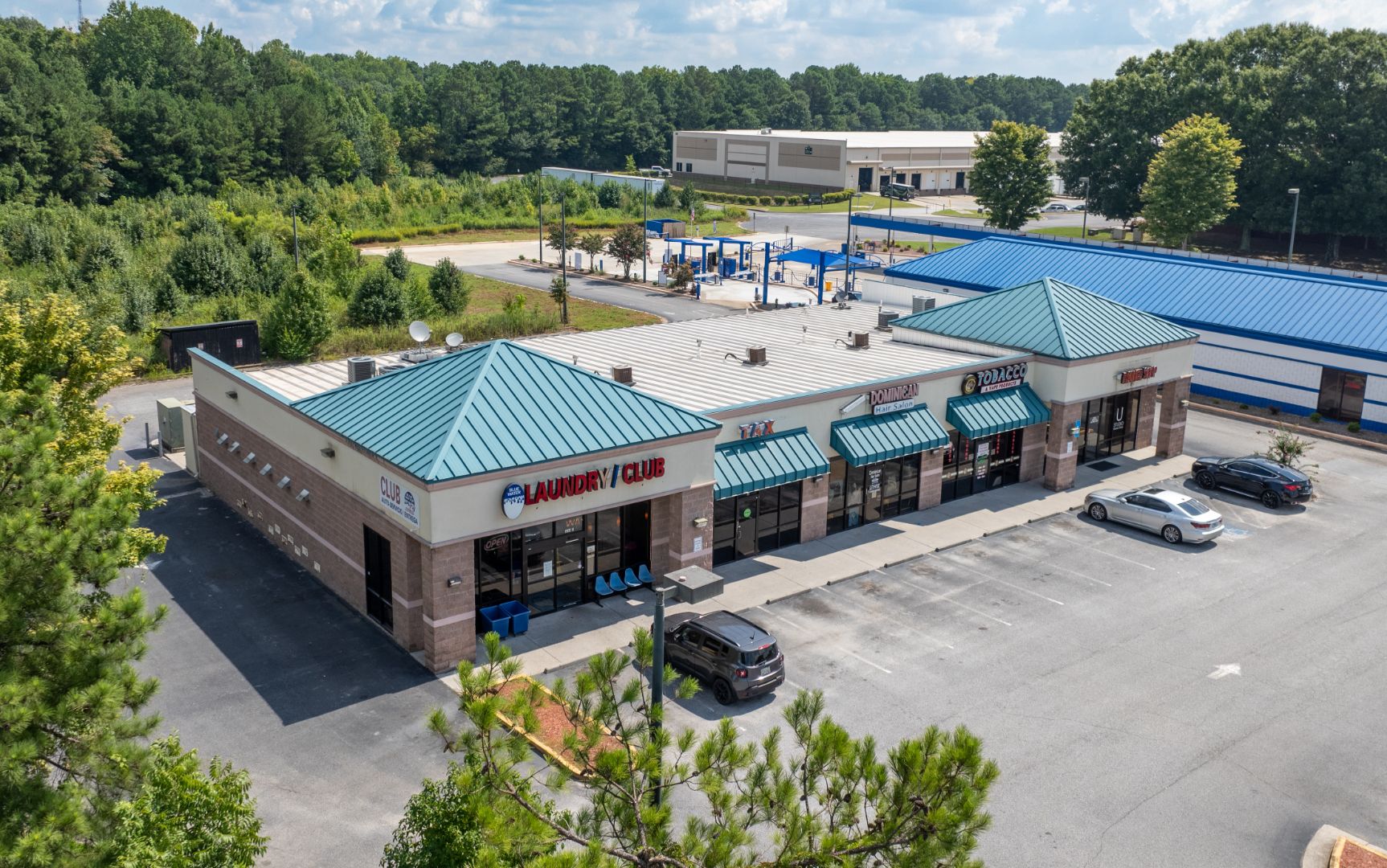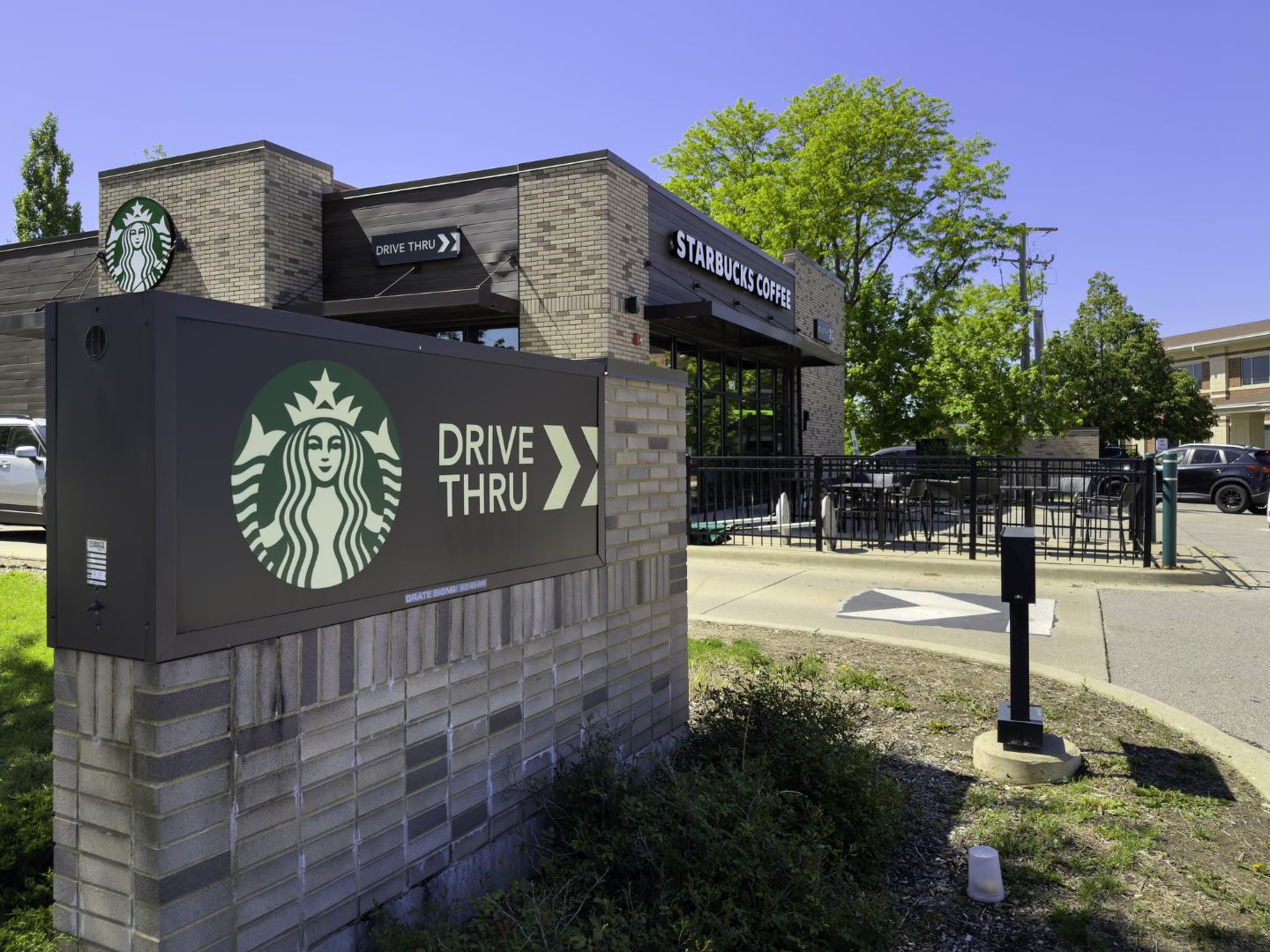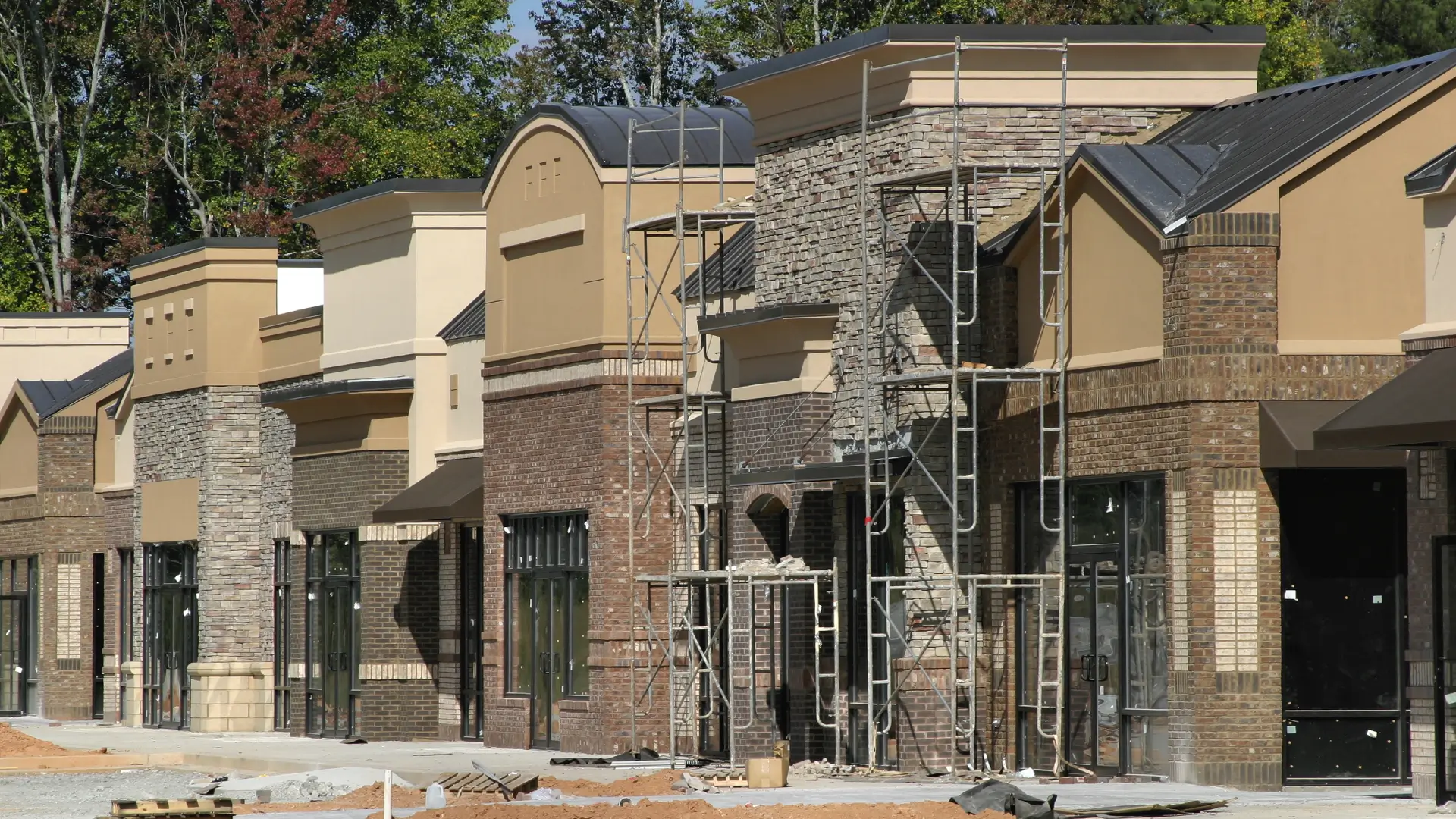Learn More


Multi STenant Retail
Overview:
Multi-tenant retail properties house multiple businesses under one roof, offering diversified revenue streams. These centers range from neighborhood strip centers to larger shopping plazas with anchor tenants.
Why Investors Choose It:
- Diversified Income: Multiple tenants reduce the risk of total vacancy.
- Value-Add Potential: Lease restructuring, tenant mix optimization, and property enhancements increase NOI.
- Lower Tenant Turnover Risk: Essential service retailers (fitness centers, medical tenants, restaurants) ensure demand.
- Higher Yield Potential: Cap rates are often higher than single-tenant assets.
- Private equity firms and syndicators focused on cash flow growth.
- Investors seeking value-add opportunities through leasing and repositioning.
- Family offices and mid-sized institutions diversifying portfolios.
Single Tenant Retail
Overview
Single-tenant retail properties are standalone buildings leased to a single business, often on a long-term net lease (NNN). Investors benefit from a hands-off investment with predictable income, as tenants are responsible for property expenses like taxes, insurance, and maintenance.


Why Investors Choose It:
- Predictable Cash Flow: Long-term leases (typically 10-20 years) with built-in rent escalations.
- Minimal Management: Tenants handle most operational costs and maintenance.
- Credit-Rated Tenants: Often leased to national brands (e.g., Walgreens, Chick-fil-A, Dollar General).
- Liquidity & Exit Strategy: Easier to sell due to strong demand from institutional and private investors.
- High-net-worth individuals (HNWIs) seeking passive income.
- 1031 exchange buyers looking for long-term stability.
- Institutional investors diversifying their portfolios with low-risk assets.


Development & Redevelopment
Overview
Retail development involves building new retail properties from the ground up, while redevelopment focuses on repositioning or repurposing existing assets. These strategies require market insight, access to capital, and strong tenant relationships.
Why Investors Choose It:
- Higher Return on Investment: New construction or redevelopment often yields significant profit margins.
- Customization & Modernization: Investors can tailor assets to market demand (e.g., mixed-use, drive-thru layouts, experiential retail).
- Capital Appreciation: Prime locations with growing populations create strong long-term value.
- Urban Infill & Adaptive Reuse: Older properties can be repurposed for new retail concepts, reducing competition.
Who Buys It:
- Developers with experience in entitlement and construction.
- Institutional investors partnering with retail operators.
- Private investors willing to take on higher risk for greater rewards.
Best Suited For:
Investors with access to capital, strong development teams, and an appetite for higher-risk, high-reward projects.

